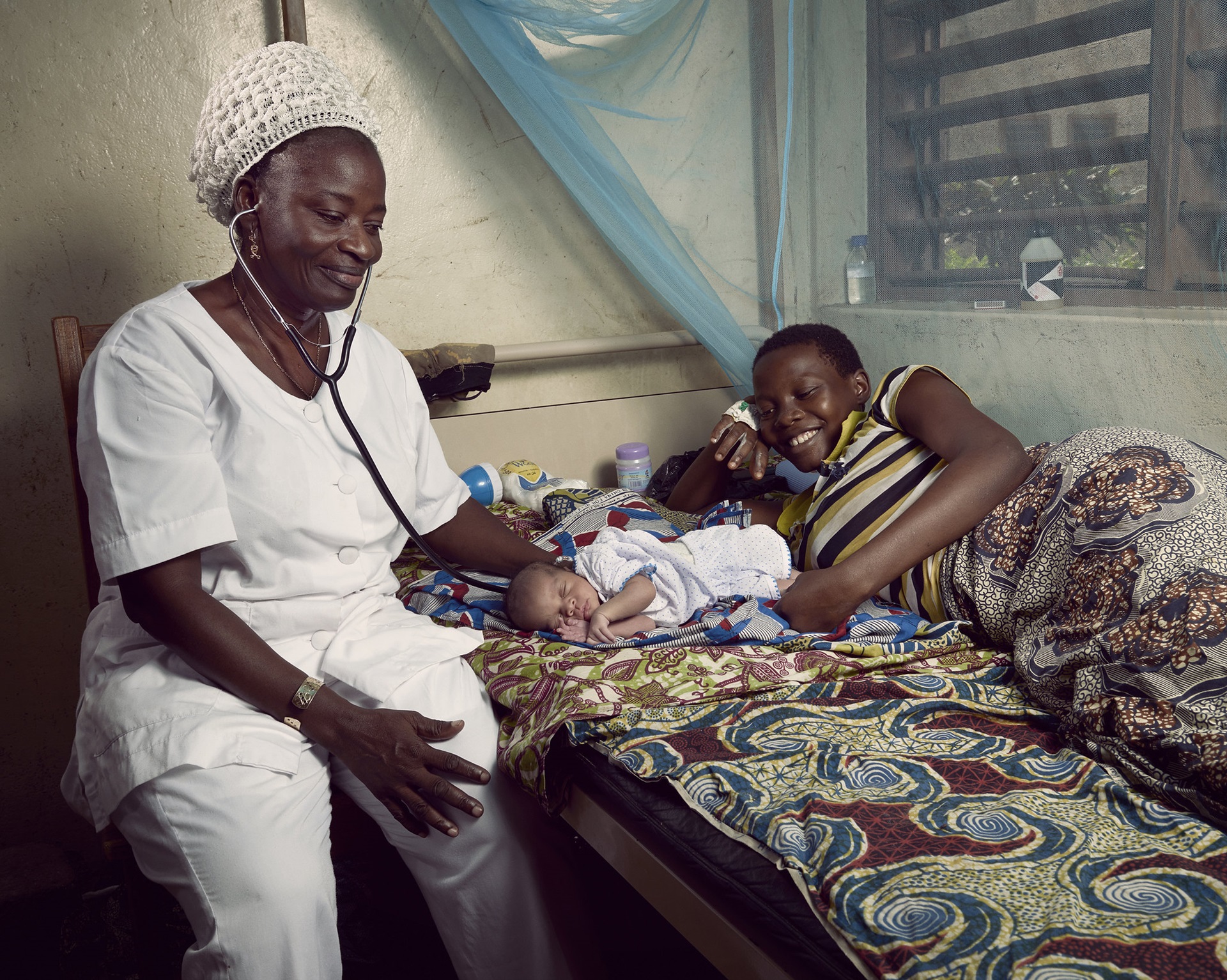Private sector engagement for quality of care
Why engage the private sector in quality care for maternal, newborn, and child health?
The private sector plays a key role in delivering maternal and newborn health services. One in five births in low- and middle-income countries occurred with care delivered by the private sector. In many countries, the private health sector is one of the fastest growing segments of the health-care system, and private providers (i.e., non-government providers for profit individuals, facilities and businesses) are an important source of health care.
Whilst the private sector’s role is expanding in many countries, the quality of services varies. Little is known about how to sustain and ensure that the private sector delivers quality care in low- and middle-income countries, and what the public sector needs to do to facilitate this process. There is a need to understand what can be done to create, nurture and encourage a vibrant private sector that is fully engaged in improving and sustaining quality of care for mothers and newborns.

Work of the department on engaging the private sector
The WHO Department of Maternal, Newborn, Child and Adolescent Health and Aging is engaging with partners to identify and propose models for effective engagement of the private sector in collaborating with national governments, delivering quality maternal and newborn health services, and demonstrating accountability for quality of care for maternal and newborn health. Other countries can draw upon these models when planning and implementing their national quality of care plans and processes.
The Quality of Care Network, in partnership with WHO, first initiated this work in Bangladesh, Ghana, and Nigeria. Country teams, led by the Ministries of Health with support from WHO country offices, documented the lessons learned from engaging the private sector to deliver of quality maternal and newborn health services. The teams also identified mechanisms and opportunities for collaboration between the public and private health sectors.
WHO’s Strategic and Technical Advisory Group of Experts (STAGE) on Maternal, Newborn, Child and Adolescent Health and Nutrition reinforced the need for this work as part of WHO’s private sector engagement strategy. Based on the recommendations from STAGE, MCA is working to identify key provisions and effective strategies for private sector engagement that are specifically necessary for, or will help to achieve, equity with improved outcomes for all women, children and adolescents as part of quality universal health coverage.
Going forward, the Department has co-convened a Maternal, Newborn and Child Health (MNCH) Working Group with colleagues at Jhpiego as part of the Country Connector on Private Sector in Health. The MNCH Working Group focuses on engaging the private sector for delivering quality MNCH services. Its goal is to support countries to engage the private sector in delivering quality maternal and newborn health services to accelerate progress to reach the Sustainable Development Goals for ending preventable maternal, newborn and child deaths.
Selected publications
Private sector delivery of quality care for maternal, newborn and child health in low-income and middle-income countries: a mixed-methods systematic review protocol
Experiences of private sector quality care amongst mothers, newborns, and children in low- and middle-income countries: a systematic review
Webinar series
- Webinar 6: Lessons from engaging the private sector in delivering quality MNH services in Nigeria
- Webinar 5: Lessons from engaging the private sector in delivering quality maternal and newborn health services in Ghana
- Webinar 4: PharmAccess and Lagos State Health Insurance Scheme: Partners in delivering quality maternal and newborn health services in public and private facilities
- Webinar 3: Manyata: Sustaining Quality Assurance Accreditation for Maternal Health Care in India’s Private Sector
- Webinar 2: Engaging the private sector for quality of care: Lessons from Together for Her Health: creating a market for quality of care in India
- Webinar 1: Engaging the private sector in improving quality of care for maternal, newborn and child heath in Bangladesh
